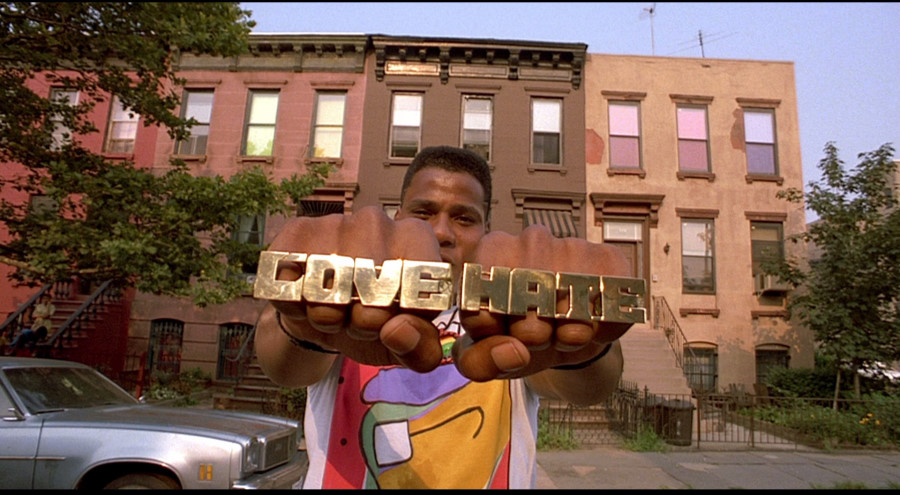I fired a customer today.
The project wasn’t particularly well-paid, or creatively stimulating. But that’s not why I fired the client. In fact, the project was for a pretty large organization that may have paved the way for more lucrative work further down the road. Regardless, I decided that we needed to part ways.
So, why did I fire the client?
Here’s the story: The business owner came to us with a problem. We proposed a solution to that problem which everyone around the table agreed would address the company’s issue. However, for reasons I won’t go into here, the client then came back to us a week later asking us to fix the problem another way.
Don’t Be Afraid To Fire A Bad Client
We pointed out to them that, while their way would address their problem in the short term, in the long term the problem would still be there. The solution they were proposing was, in essence, a stop-gap. A patch. A workaround. Furthermore, it didn’t make sense financially since the difference in cost between the two solutions was virtually the same, and that sooner or later they’d end up having to implement our proposed solution anyway. They would end up spending almost double what they needed to, for no reason.
However the client was adamant. They insisted we solve the problem their way. So that’s when I pulled the plug.
Have you heard of Marvin Bower? Bower was MD of McKinsey from 1950-1967 and is credited as pioneering a business culture based upon integrity and respect above all else, and laid down the four keys of business values that McKinsey still hold to this day:
- Clients come first;
- Active partners should own the firm;
- Members of the firm should be professionals with the training and motivation to do outstanding career work;
- Engagements should only be taken when the value to the client exceeds the fee to the firm.
When I read about Marvin Bower, and the way he looked a customer/supplier relationships, something clicked with me. It was great to read about a business owner with a similar viewpoint to my own. McKinsey’s business values were the inspiration to our 3 Rules adage, and act as a kind of internal business compass whenever we take on a new client.
McKinsey’s last tenet, especially, struck a chord with me. I could not let us take on the project knowing the proposed solution was not in the best long-term interests of the client. So I explained our position, re-stated where and why we thought they were mistaken, and walked away – wishing them well and letting them know that we would love to help them if they ever changed their minds.
Firing Your Worst Clients To Focus On Your Best Clients
It’s a tough thing to do. Some people, such as my bank manager or accountant, would go further and say it’s a foolish thing to do. But I’ve seen this movie before.
Working on the project would become a pain. We wouldn’t be able to put the 100% we put into everything we do, knowing that everything would have to be torn down sooner or later. To me, this alone is tantamount to cheating a client.
Marketing a business is a combination of head and heart. Sure, there’s the ‘matter-of-fact’ elements such as big data marketing, database management, and suchlike. But there’s a creative aspect too. If everyone involved in a client project isn’t emotionally committed to delivering the best possible result, I think it shows. If our heart isn’t in it, we shouldn’t be doing it.
We could have completed the project the way we were instructed. Sure, we would’ve got paid and the client would’ve been happy with the immediate result. But by completing the project in this way, we would have set off a timebomb. A few months – or years – later, the client would’ve finally realized their error. Since it’s easier to blame others for your own mistakes, we would have been made the scapegoat for the client’s earlier myopic decision. That’s not something I can entertain. There’s no way I’m going to have us be thrown under the bus.
Did I do the right thing? I really can’t say. All I know is that it didn’t feel right to proceed. Going against your own values may win you the battle. But you’re inevitably going to lose the war.
Sometimes listening to that little voice in your head is the most honest and ethical thing you can do.

